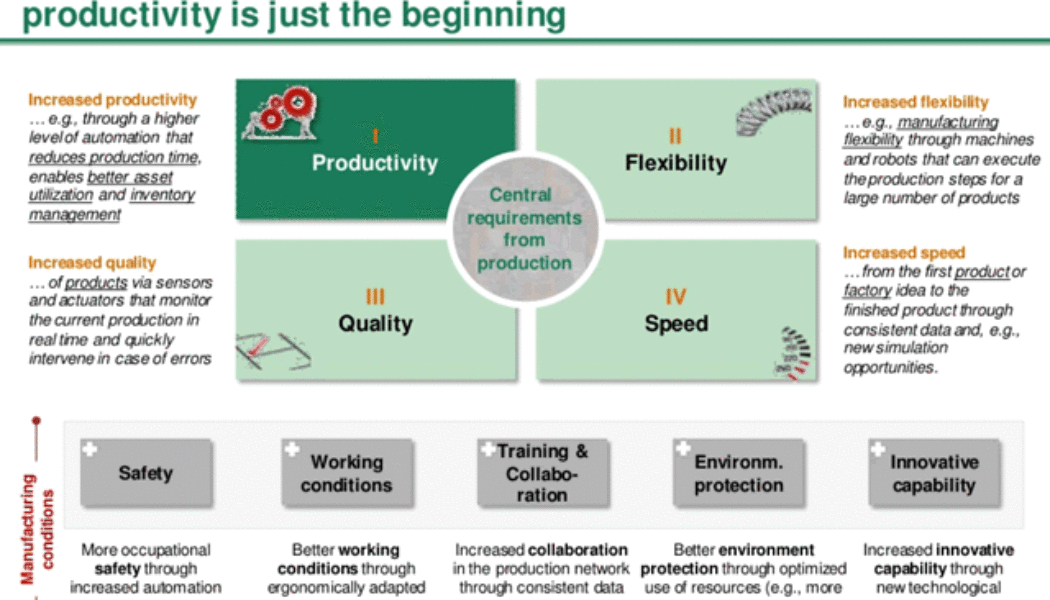Industry 4.0
3 East African Economic Sectors Ripe for Tech Innovation
We use cookies on our website to give you the most relevant experience by remembering your preferences and repeat visits. By clicking “Accept All”, you consent to the use of ALL the cookies. However, you may visit “Cookie Settings” to provide a controlled consent.
Implementing Security Best Practices to Maintain Integrity at the Edge
Industry 4.0, IIoT, and smart manufacturing are all buzzwords that we’ve been talking about for years. Many of us have had visions of factory floors run by futuristic robots and drones reminiscent of SciFi movies like iRobot. Well, it seems that life is indeed starting to imitate art; a 2021 McKinsey & Company survey concluded that many global manufacturing companies were able to keep their operations running during the pandemic, thanks to Industry 4.0. Furthermore, more than half of the respondents indicated that technology played a fundamental role in staying operational. Moreover, according to recent studies, the COVID-19 pandemic has vaulted us five years forward in digital business adoption. More and more manufacturers are considering actively adopting “lights out” factories and s...
Does Your Business Understand the Potential of Industry 4.0?
Zuko Mdwaba, Area VP, Salesforce South Africa. In the business world, the term “Fourth Industrial Revolution” is gradually gaining traction. What began with steam and water power has evolved into advanced computerisation and technology that is ready to disrupt virtually every industry at breakneck speed. The acceleration of the Fourth Industrial Revolution (4IR) and the digitalisation of our life is possibly one of the most significant consequences of the Covid-19 pandemic. Do businesses, on the other hand, fully comprehend the revolution’s potential and challenges? What is the fourth industrial revolution? Before we look at the opportunities that may come as a result of the 4IR, it’s important to first grasp what the 4IR is all about. It refers to how the Internet of Things (I...
Why Dedicated Networks are Critical for Industrial Connectivity
With Industry 4.0, the manufacturing and logistics industries are in the midst of digital transformations to increase automation and efficiency. There is a lot to be gained with Industry 4.0, but it all begins with having the connectivity to support it. As manufacturers address modernization, automation and digitalization, dedicated networks offer a way to support multiple use cases, retain control of network resource allocation and ensure that critical data remains on-site. The process of integrating the networks of one or more manufacturing site can be triggered by a need to replace legacy networks or the increasing mobility requirements of their operations. A unified platform is required which integrates voice, data, video and IoT. Digitalization Driving Demand Industries are now ...







